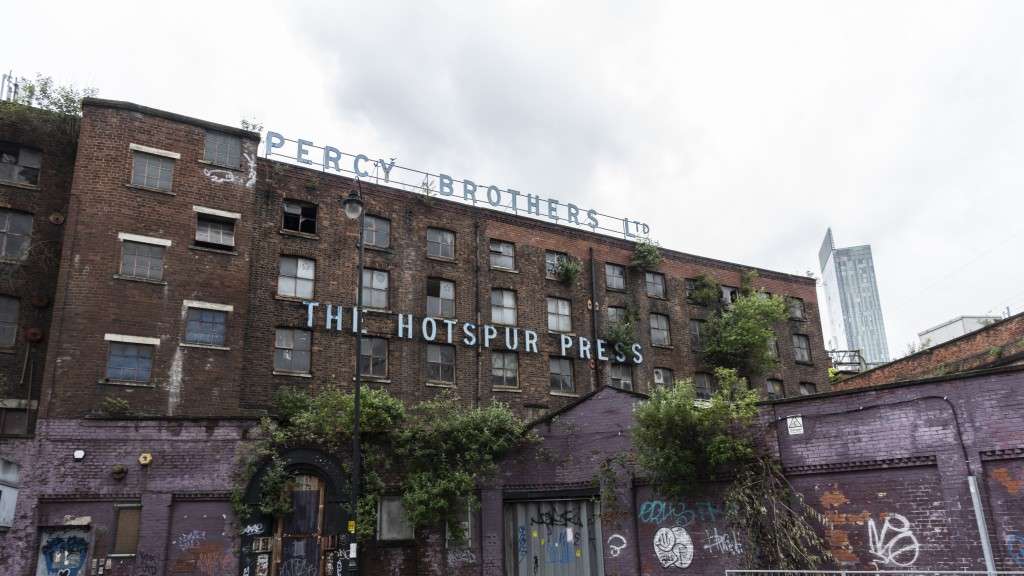Manchester International Film Festival 2017 winners and highlights
- Written by Elliot Garlick
- Last updated 8 years ago
- Cinema, Culture
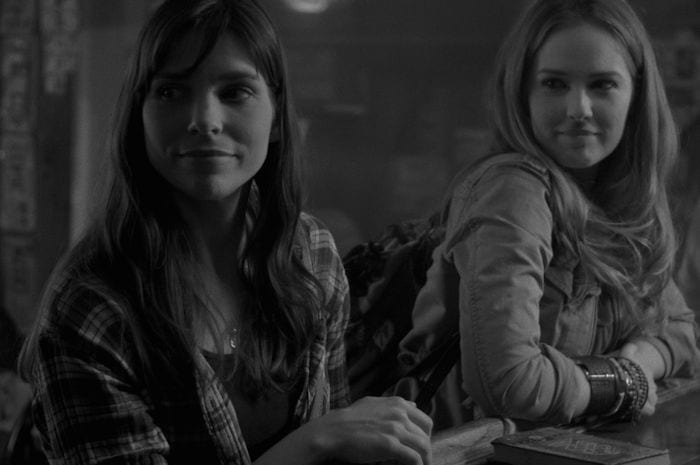
Manchester’s biggest film festival came exploding back into the Printworks this month, packing the weekend with screenings, panels, Q+As and interviews with indie directors and Hollywood stars. Timothy Spall (Harry Potter, Mr Turner), Stef Dawson (The Hunger Games, The Paper Store) and Karen Allen (Raiders of the Lost Ark) were all in attendance, officially crowning MANIFF the premiere film festival in the north west.
Now for a look back at some of the highlights – and lowlights – of this three-day festival of indie film.
Stanley: A Man of Variety
Friday 3rd March-MANIFF Day 1

There are two reasons I picked Stanley: A Man of Variety as the best feature of MANIFF’s first night. First, Timothy Spall is a phenomenal performer and I got to see him in the flesh during the Q+A. Second, the other big feature of the night, Public Intimacy, was being screened simultaneously and I had to choose between the two. With hindsight, I chose badly.
Stanley: A Man of Variety is not a good film. It’s muddy, misguided and mispaced, overshooting Spall’s aim of making a film which is ‘classic comedy meets Eraserhead’ and ending up to one closer to ‘dropping bad acid and watching Tommy Cooper’. The plot follows Stanley, a man committed to an asylum for some as-yet-unknown crime, who uses his tiny TV set and love of golden era comedy as an escape, spinning the audience wildly between creepy surrealism and truly horrific boredom. The plot, according to writers/directors Spall and Stephen Cookson, is deliberately obtuse, a convoluted ‘is he/isn’t he’ thriller wrapped up in layers upon layers of meaning both literal and figurative like the world’s most self-indulgent Christmas present. And while I’m inclined to applaud any attempt to give films meaning beyond sheer entertainment value, it’s pretty obvious that the production team were woefully unprepared to aim so high. Great films simplify the complicated and complicate the simple, and Stanley: A Man of Variety finds an almost aggressively tepid halfway point.
The film’s main redemption, unsurprisingly, was the man himself. Spall took on every role in the film (around sixteen individual characters) and his talent as an actor served as a blinding light in a dirty mire, highlighting the inadequacies of everything around him. He’s actually the only performer who appears at all, a fact that would be distractingly obvious with any other actor but only serves to strengthen Spall’s performance. In fact, there were periods when I forgot that I was looking at the same man, so great was the strength of his characterisation.
But one bad apple can spoil a bunch, and this film is rotten almost all the way through. In fact, the only people I can imagine picking this film up after it completes its festival run are students researching acting method. While this is an accomplishment in of itself, it also means that audiences will leave with a taste in their mouths that somehow manages to be both bland and sour. The worst thing is that I wanted to like it. I wanted to be able to write a positive review so that Timothy Spall, a man I respect massively, would like me. But I can’t.
So if you were unlucky enough to miss MANIFF this year, I have some advice. You can accurately recreate the feeling of Stanley: A Man of Variety by switching to UKTV Gold, hiding the remote and pressing an electric drill against your temple.
Josephine Doe/Hunter Gatherer
Saturday 4th March-MANIFF Day 2
My top choice(s) for day two of the Manchester International Film Festival were an unashamed cop-out. Out of four narrative feature films, one was a bland but well-intentioned John Hughes rip-off. Another was a non-com that was less a film than it was a seventy-five-minute lobotomy. So it was by default that the first two films of the day that took the top spot – Josephine Doe, the genuinely moving story of a young schizophrenic’s loss and liberation, and Hunter Gatherer, a poignant comedy drama about lost love and the problems of never growing up.
But a victory-by-default is an unfair way to treat these films. I actually wish that they’d been screened alongside features of a similar calibre so they could receive the praise and acclaim that they justly deserve.
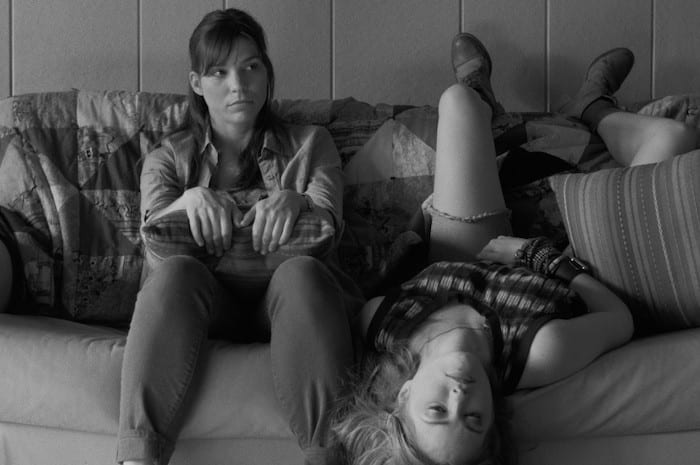
The first film, Josephine Doe, follows Claire, a bright young woman who never had the courage to leave her home town but chose instead to stay and work at her family’s bookstore alongside the man who is both her father and best friend. But when he dies, a distraught Claire turns to Jo, a mysterious stranger who arrives in town intent on fun and mayhem. But Jo has a secret; she doesn’t really exist. What follows is the story of Claire seeking to fix not only her fractured psyche, but to piece together the shards of her shattered family. While surface similarities can be drawn to films like Memento and Fight Club, where the narrator’s own trauma is the foundation of the plot, Josephine Doe is indeed different – an honest, balanced and heart-wrenching film that raises real questions about how your family could possibly function while you are breaking down.
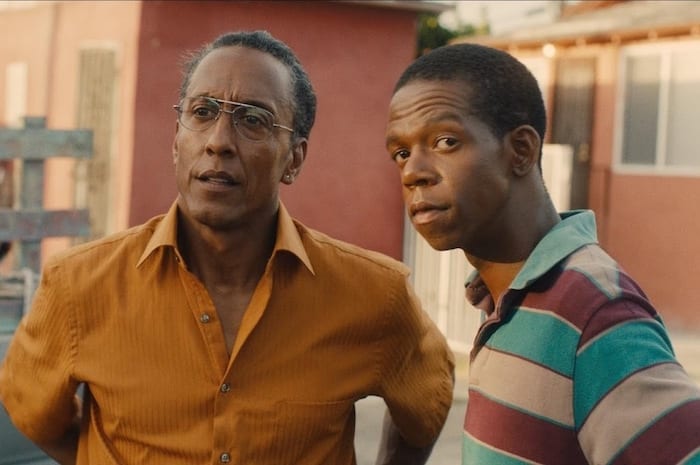
On the flip side was Hunter Gatherer, a movie so diametrically opposed to Josephine Doe that I got whiplash from their running order. It’s is a comedy about Ashley, a middle-aged man who returns to his neighbourhood after a three-year absence. Broke, unemployable and pining for his lost girlfriend, Ashley enlists the help of his new friend Jeremy to get back on his feet as quickly as possible. But despite his eternal optimism, Ashley begins to learn that a positive mental attitude can’t overcome every hurdle, switching the film from farce to tragedy as Ashley has to abandon his dreams and enter into his depressing reality. Although it’s a comedy, Hunter Gatherer is so deadpan that it will appeal to even the most British of sensibilities, often spinning jokes so dark that I didn’t realise I should be laughing. I occasionally looked at the audience and wondered what kind of monsters these people were, before remembering that the film on the screen was supposed to be a comedy.
Both films are fantastic and fully deserved to be the highlight of day two. But I couldn’t pick between the two, because both were clearly trying to achieve completely different things, and to pick one over the other would be as difficult and pointless as herding a bunch of cats.
When The Sun Shines
Sunday 5th March-MANIFF Day 3
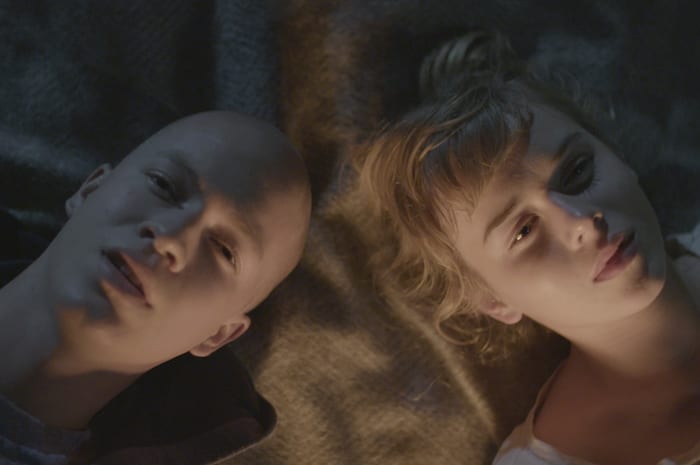
If you’ve ever attended a big festival, you’ll recognise the traditional ‘sh*t sandwich’ format they usually follow. Go big on the opening night, bury all the weak links somewhere in the middle and then round it off with the strongest films/performance/games that you’ve got, thus ensuring your audience will fondly remember all the highlights and forget any cultural atrocities.
This was certainly the case of MANIFF Day 3, which was packed with four of the festival’s best films. Rising above the films of the day, however, came When the Sun Shines, a film from Danish director Frederik Barington. The film distinguishes itself from its contemporaries in several ways, including (surprisingly) being one of the few foreign language films on MANIFF’s current roster.
Sofus was diagnosed with cancer at eight years old. Now seventeen, he’s been dying longer than he ever lived. When his cancer stops responding to chemo, Sofus moves to a hospice and starts preparing to fade out of the lives of everyone he ever loved. But his short life is forever changed when he meets Sarah, a young woman who has two days to choose between staying to work at the hospice that dominated her life or going to school in the city and finally seizing control of her own life – a chance that Sofus will be forever denied.
The easiest and most obvious comparison here is The Fault in Our Stars, another film about star-crossed lovers whose lives are ripped apart by cancer. But When the Sun Shines is different simply because it’s an absolute fact; Sofus was always going to die. Barington doesn’t trade off the cheap will they/won’t they emotional baggage of the protagonists dying from cancer. Instead it focuses on the life not lived and people striving to find hope in the bleakest of situations. The chemistry between the leads, Elias Munk and Laura Kjær, is at once both natural and dynamic, probably stemming from their work together on the short film that When the Sun Shines is founded on. The cinematography is also a noteworthy aspect, rising above the shots and camera work that anyone would normally associate with the traditional indie film circuit. Basically, When the Sun Shines was the highlight of MANIFF 2017, and the team associated with it seem destined to move ever onwards and upwards, and I’m looking forward to see what they come up with next.
And then it was over. The clock struck midnight, the celebrities left and I turned back into a pumpkin, doomed to watching the best in indie cinema over the internet. But between HOME, Gorilla and Manchester’s rapidly exploding film scene, it seems like film lovers have a lot to look forward to in the coming year. Manchester is quickly becoming the capital not only of the north but of UK culture, and I’m holding my breath to see where it takes us.
And the winners are….
Best Edit – My Life as a Film
Best Score – No Roads In
Best Animation – A Little Grey
Best Production – Creedmoria
Best Music Video – Peaceful Life
Best Experimental – Running Through Life
Best Actress – Olivia Cooke (Katie Says Goodbye)
Best Actor – John Connors (Cardboard Gangsters)
Best Student Film – Among the Dead
Best Cinematography – The Journey is the Destination
The Radisson Blu Edwardian Best Documentary – Das Wassup
Audience Pick – Creedmoria
48 Hour Film Challenge – Be Myself
Staff Pick – Happy
Best International Short – A Tree. A Rock. A Cloud
The City Suites Best UK Short – The Last Laugh
Best UK Film – The Last Laugh
Best International Film – When The Sun Shines
Best Director – Alicia Slimmer (Creedmoria)
Best Feature Film – Cardboard Gangsters
Film of the Festival – Cardboard Gangsters
- This article was last updated 8 years ago.
- It was first published on 10 March 2017 and is subject to be updated from time to time. Please refresh or return to see the latest version.
Did we miss something? Let us know: [email protected]
Want to be the first to receive all the latest news stories, what’s on and events from the heart of Manchester? Sign up here.
Manchester is a successful city, but many people suffer. I Love Manchester helps raise awareness and funds to help improve the lives and prospects of people across Greater Manchester – and we can’t do it without your help. So please support us with what you can so we can continue to spread the love. Thank you in advance!
An email you’ll love. Subscribe to our newsletter to get the latest news stories delivered direct to your inbox.
Got a story worth sharing?
What’s the story? We are all ears when it comes to positive news and inspiring stories. You can send story ideas to [email protected]
While we can’t guarantee to publish everything, we will always consider any enquiry or idea that promotes:
- Independent new openings
- Human interest
- Not-for-profit organisations
- Community Interest Companies (CiCs) and projects
- Charities and charitable initiatives
- Affordability and offers saving people over 20%
For anything else, don’t hesitate to get in touch with us about advertorials (from £350+VAT) and advertising opportunities: [email protected]

Chapel Street improvement plan to ‘rebalance the space in favour of pedestrians and cyclists’’

Skip the soppy stuff! The ultimate guide to celebrating friendship this Galentines Day
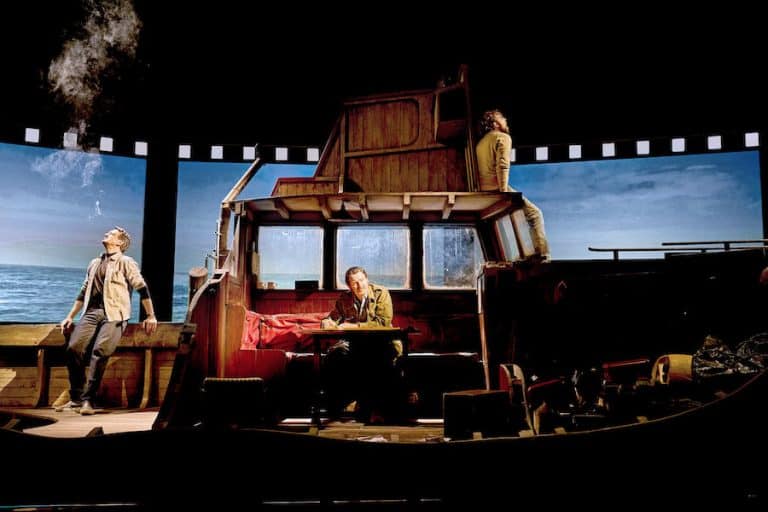
Review: The Shark is Broken at LOWRY is full of ‘humour, nostalgia and wit’

This is the place: Bury has the best market in Britain but what else has it got going for it?









